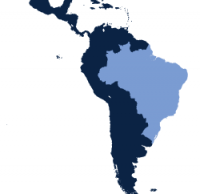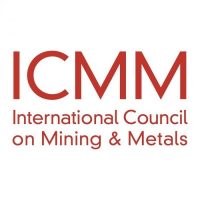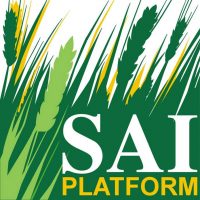Primary Functions
- Understand the reasons and ways to include natural infrastructure in addressing the interconnected challenges of water, energy, and food systems
Detailed Description
Since 2012, the International Union for Conservation of Nature (IUCN) and the International Water Association (IWA) have collaborated on a joint initiative to address competing demands on water resources across the water, energy and food sectors. The objective has been to identify how multisectoral solutions are, or could be provided through infrastructure and other means, including new technologies and investments in ecosystem services.
The Dialogue grew out of the Bonn Nexus Conference1 in November 2011. One of the objectives in Bonn focused on launching concrete initiatives to address the water, energy and food security nexus in a coherent and sustainable way. The conference highlighted the renewed interest to invest in water infrastructure in different parts of the world because of valid concerns for water storage, water supply and flood protection, as well as food security, population growth, and the need to adapt to climate change impacts. The Nexus Dialogue2 successfully organized a series of regional “Anchor” workshops in Africa, Latin America, Asia (with UNESCAP), and for the Amu Darya River Basin in Central Asia (with the EastWest Institute).
Learning from these workshops culminated in the Nexus Symposium held in Beijing in November 2014, in partnership with the Global Water Partnership (China). The Dialogue has focused on water, energy and food to ensure focused cross-sectoral discussion. The aim was also to prevent creating new silos around issues such as ecology, carbon, soil, climate, etc. Sectors do not operate in these silos; they operate through public sector profiles that are loosely structured on water, energy and food production as staples of societal needs and economic development.
The purpose of the Dialogue was to identify consensus on sustainable and resilient water management for water, energy and food security. The nexus is not a one-way discussion. Rather, it challenges beliefs within the tribal nature of disciplinary silos. The nexus as a construct challenges the application of knowledge, and it highlights the need for greater integration on core elements such as data collection, sharing, and interpretation. Through dialogue, opportunities can be created to bring together people with a variety of experiences from across sectors, to brainstorm, and exchange knowledge, with the ultimate aim to move to developing and implementing practical actions.
There are many ways to not agree about the nexus. What becomes clear is that there is a competitive advantage for all institutions, public, private, etc., to better understand the cause and effect relationships they are involved in through both implementation of their mandates, and policy actions and reform. Through better identification of risks, sharing the risks, and optimizing the trade-offs that need to be made between sectors, advantages for all sectors can emerge.







